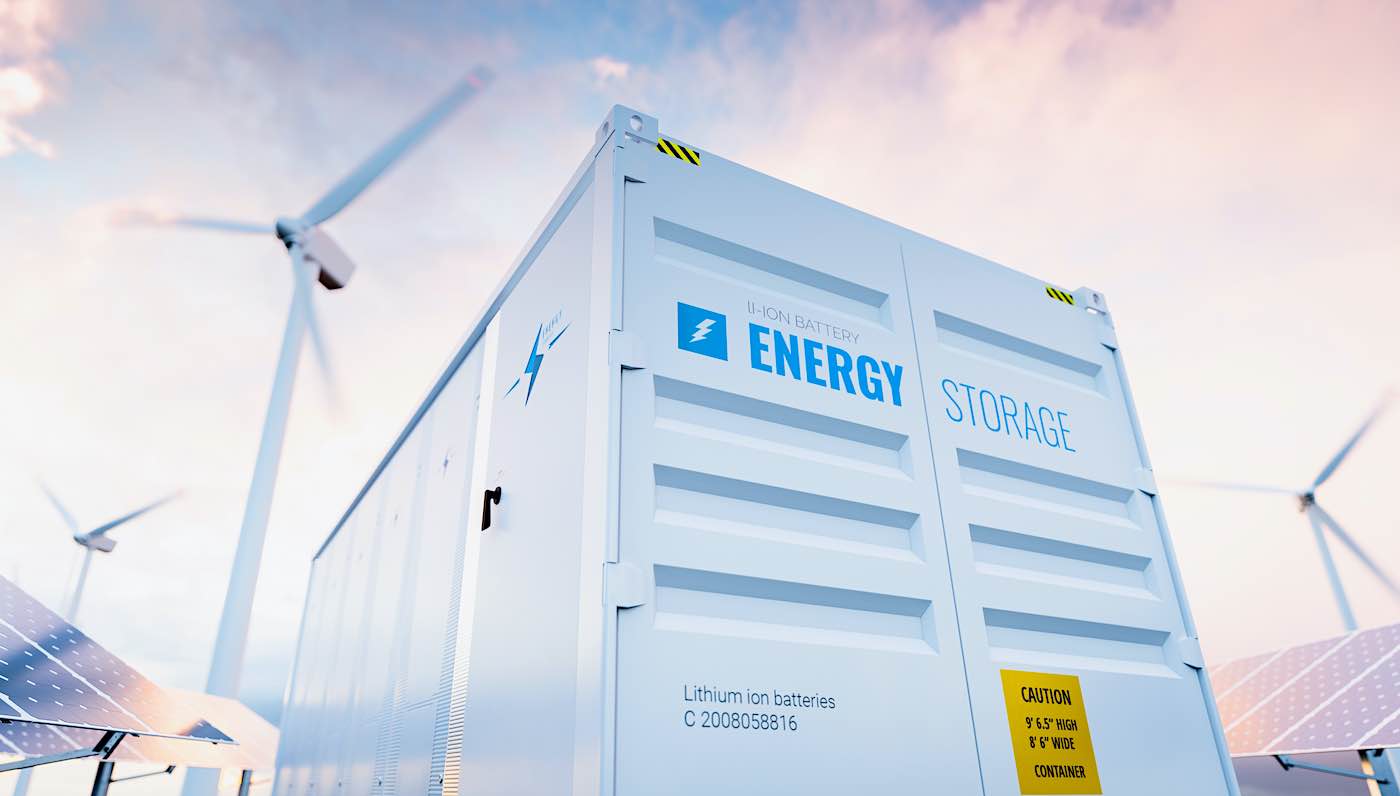ImpactAlpha, Aug. 13 – Even before it is passed, the U.S. infrastructure bill is mobilizing private sector capital for climate solutions. Bill Gates’ Breakthrough Energy is committing $1.5 billion in funds to co-invest over three years alongside the federal government for demonstration projects to jumpstart climate solutions such as clean aviation fuel, long-duration storage, green hydrogen and direct air capture technologies.
The financing could catalyze as much as $15 billion in additional investment for such projects aligned with the Infrastructure Investment and Jobs Act, which sets aside $25 billion for demonstration projects administered by the Department of Energy.
“Until you do the demonstration projects, you cannot get to a market driven price,” Gates told the Wall Street Journal.
The financing would come from from Gates’ Breakthrough Energy Catalyst, a new blended finance vehicle that combines concessionary private sector capital, offtake agreements, and other private funding to reduce the costs of early-stage climate solutions. BE Catalyst also seeks to work with the DOE’s Loan Program Office, which has $40 billion at its disposal and is headed by solar pioneer Jigar Shah.
Separately, a coalition of automakers, environmental groups, power providers and labor groups launched the National EV Charging Initiative to help build out charging infrastructure, a key goal of the Biden administration. The infrastructure bill earmarks $7.5 billion for charging buildout, a much smaller sum than originally floated.
“The private sector is ready to lead the fight to reduce greenhouse gas emissions and achieve a net-zero economy by 2050,” said DOE’s Jennifer Granholm.
‘Code red’
Private investment will be key to meeting the Biden administration goals of halving emissions and driving half of new cars sales to electric by 2030 – and keeping planetary warming to 1.5 degrees Celsius. The “code red” Intergovernmental Panel on Climate Change report released this week underscored the urgency.
An estimated $6.9 trillion will be required per year through 2030 to meet global sustainable infrastructure needs, according to the Climate Policy Initiative.
The Senate passed the infrastructure bill with bipartisan support this week, although it has yet to pass the House of Representatives. House speaker Nancy Pelosi has tied its fate to a more ambitious – and contentious – $3.5 trillion spending bill proposed by Democrats.
The Infrastructure Investment and Jobs Act would be the first U.S. infrastructure bill to be passed in a decade. If it does not become law, Breakthrough Catalyst would likely shift the funding to demonstration projects in Europe, Gates said, where it already has a $1 billion partnership with the European Commission, and to Asia.











